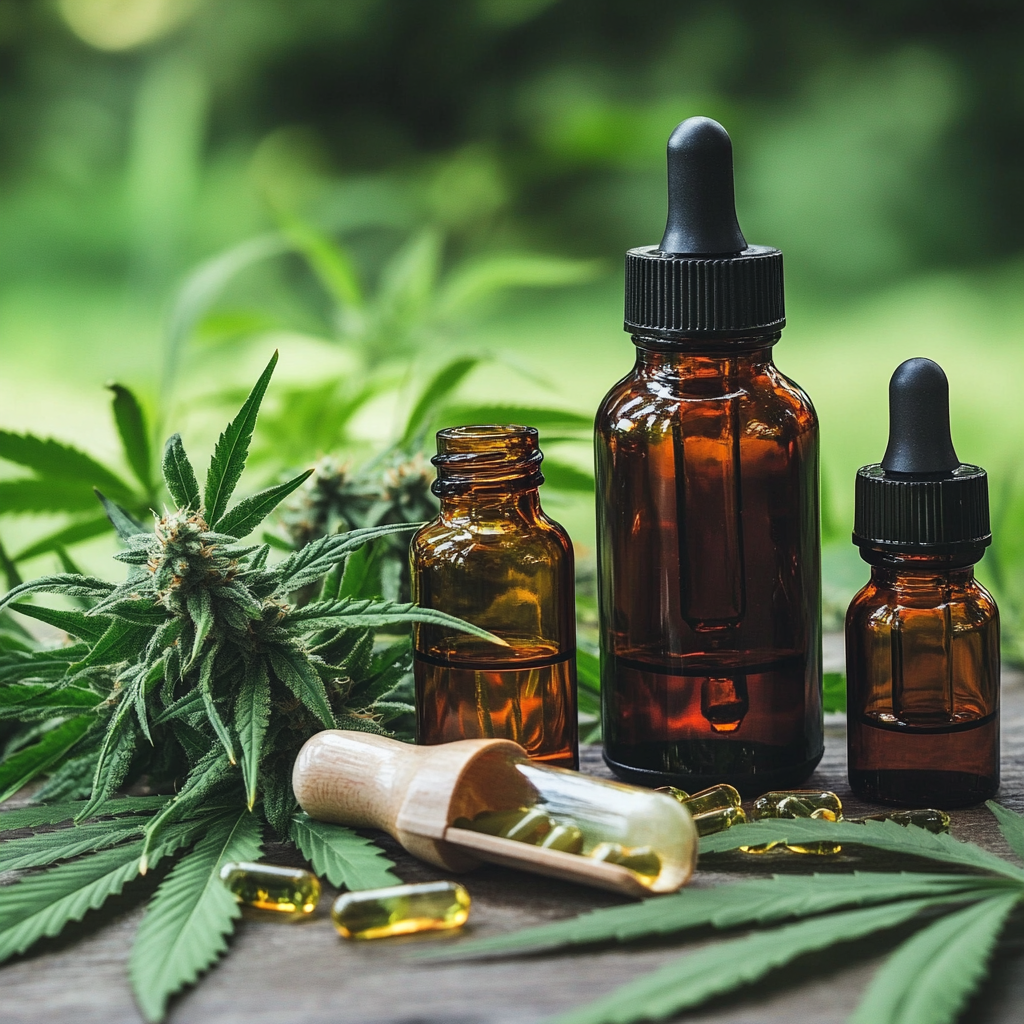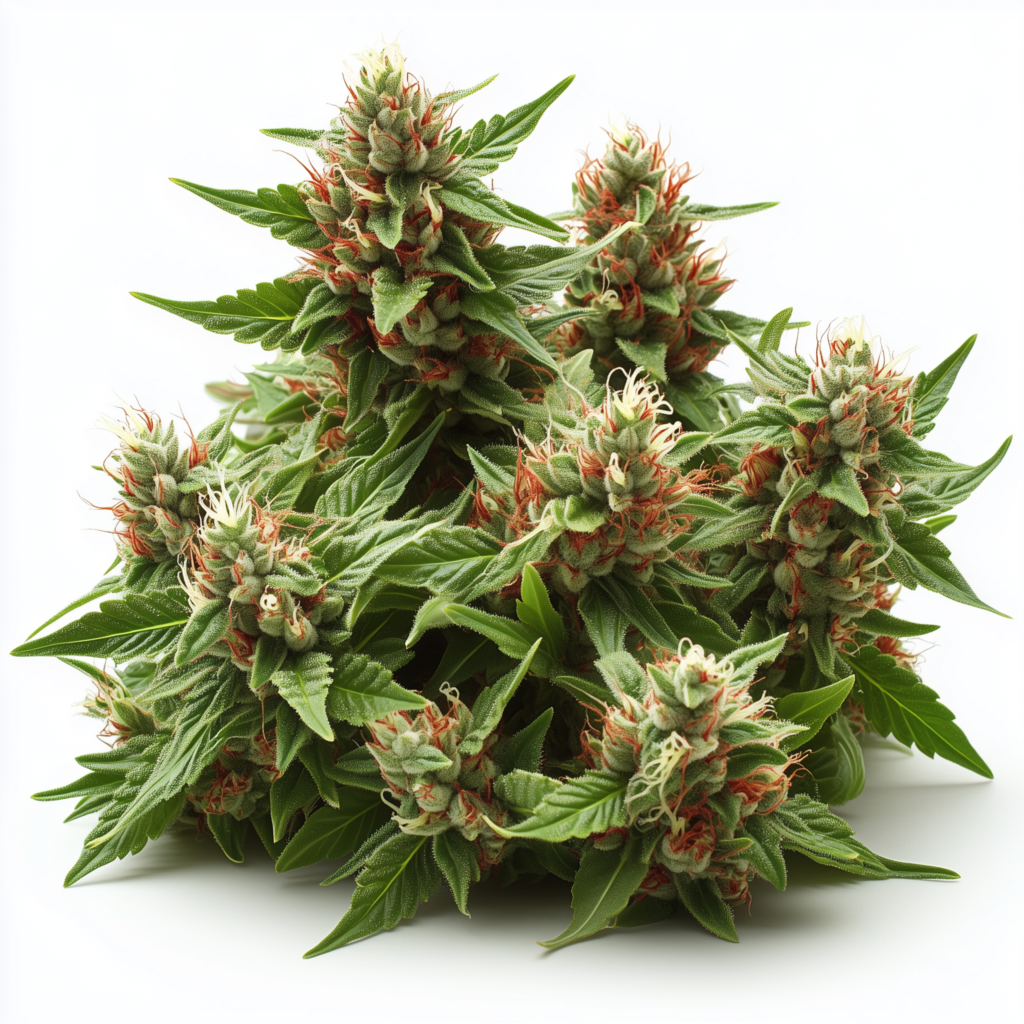THCa Flowers Legal Status Explained
The legal status of THCa flowers has become a topic of significant interest and debate. As cannabis laws evolve, understanding the nuances of THCa, a non-psychoactive cannabinoid, is essential for consumers, businesses, and policymakers. This article explores the legal landscape surrounding THCa flowers, providing insights into their classification, regulation, and market implications.
Understanding THCa: A Brief Overview
THCa, or tetrahydrocannabinolic acid, is a naturally occurring compound found in raw cannabis plants. Unlike THC, THCa does not produce psychoactive effects. When cannabis is heated, THCa converts to THC, the compound responsible for the “high” associated with marijuana use. This distinction is crucial in understanding the legal status of THCa flowers.
Legal Classification of THCa Flowers
The legal classification of THCa flowers varies significantly across jurisdictions. In some regions, THCa is treated similarly to THC, while in others, it is considered distinct due to its non-psychoactive nature. This section examines how different countries and states approach the regulation of THCa flowers.
United States
In the United States, cannabis laws are complex and vary by state. The 2018 Farm Bill legalized hemp, defined as cannabis with less than 0.3% THC. THCa flowers derived from hemp fall under this category, making them legal at the federal level. However, state laws can impose additional restrictions.
- California: THCa flowers are legal under the state’s cannabis regulations, provided they meet testing and labeling requirements.
- Texas: While hemp is legal, the state has strict regulations on cannabis products, including THCa flowers.
- New York: THCa flowers are permitted under the state’s medical marijuana program.
International Perspective
Globally, the legal status of THCa flowers is equally varied. Some countries have embraced cannabis reform, while others maintain strict prohibitions.
- Canada: Cannabis is legal for both medical and recreational use, including THCa flowers.
- United Kingdom: THCa is not explicitly regulated, but cannabis products must adhere to strict THC limits.
- Australia: THCa flowers are available through the country’s medical cannabis program.
Regulatory Challenges and Considerations
The regulation of THCa flowers presents several challenges. These include ensuring product safety, preventing misuse, and aligning with international treaties. This section delves into the complexities of regulating THCa flowers.
Product Safety and Quality Control
Ensuring the safety and quality of THCa flowers is paramount. Regulatory bodies often require rigorous testing for contaminants, potency, and labeling accuracy. This helps protect consumers and maintain industry standards.
Preventing Misuse
While THCa itself is non-psychoactive, its potential conversion to THC raises concerns about misuse. Regulations may include restrictions on marketing, packaging, and sales to mitigate these risks.
International Treaties
Many countries are signatories to international drug control treaties, which can impact the regulation of THCa flowers. These treaties often classify cannabis as a controlled substance, complicating efforts to legalize or regulate THCa products.
Market Implications and Opportunities
The evolving legal status of THCa flowers presents both challenges and opportunities for businesses and consumers. This section explores the market dynamics and potential growth areas for THCa products.
Consumer Demand
As awareness of THCa’s potential benefits grows, consumer demand for THCa flowers is increasing. This trend is driven by interest in non-psychoactive cannabis products and the potential therapeutic applications of THCa.
Business Opportunities
The legal cannabis market offers numerous opportunities for businesses specializing in THCa products. These include cultivation, processing, distribution, and retail. Companies that can navigate the regulatory landscape and meet consumer demand are well-positioned for success.
Research and Development
Ongoing research into THCa’s properties and potential benefits is crucial for the industry’s growth. Investment in research and development can lead to new product innovations and a deeper understanding of THCa’s role in health and wellness.
Conclusion
The legal status of THCa flowers is a complex and evolving issue. As cannabis laws continue to change, understanding the nuances of THCa regulation is essential for stakeholders across the industry. By examining the legal classification, regulatory challenges, and market opportunities, this article provides a comprehensive overview of the current state of THCa flowers. As the industry grows, staying informed about legal developments will be key to navigating the future of THCa products.

